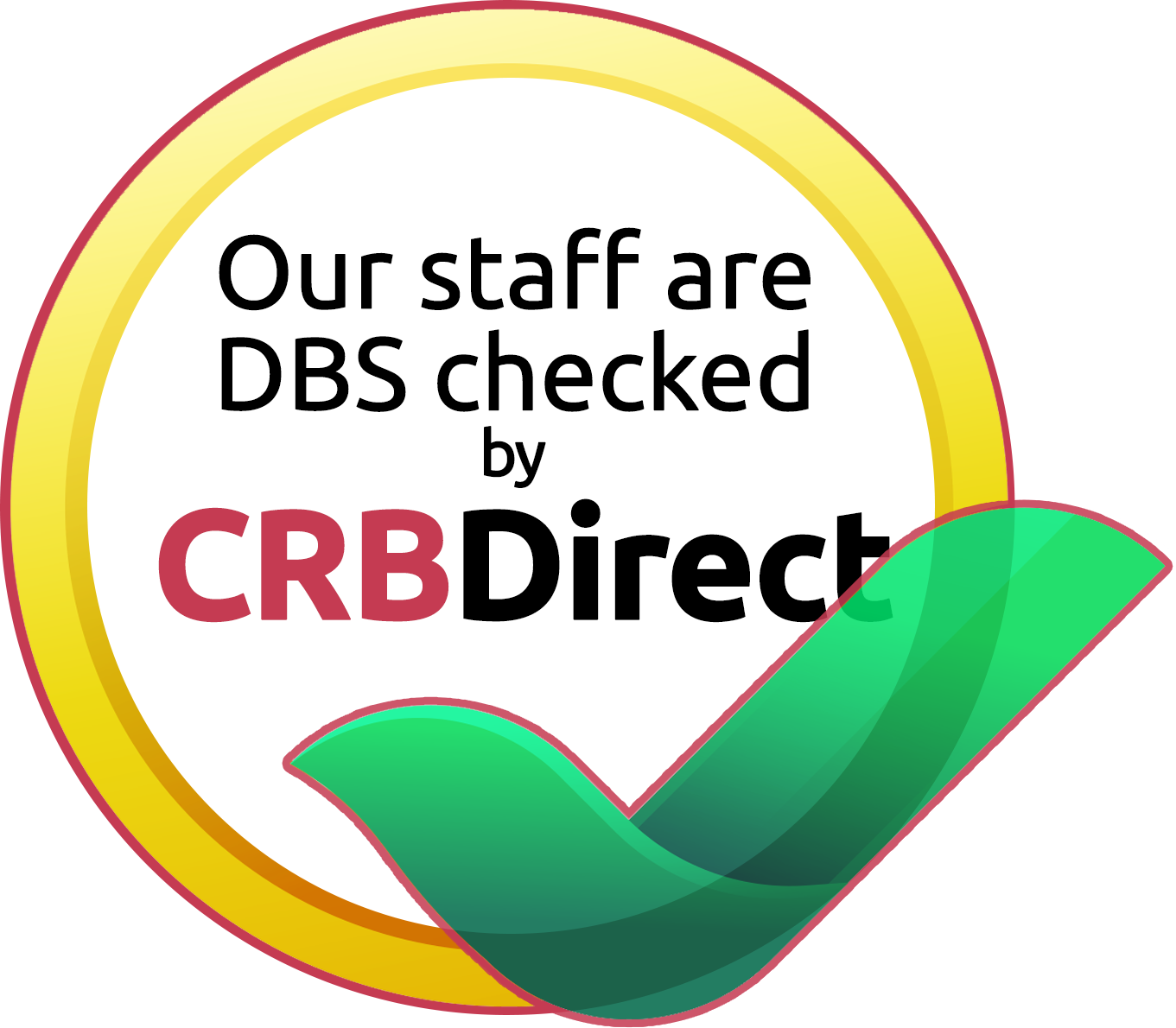
Applying for a basic DBS check, or basic disclosure, is an everyday matter. Each and every day, hundreds of us submit our applications. And usually, things progress very smoothly. Fill in the application form, prove your identity and address, then just sit back and wait for the certificate to arrive in the post. It’s as simple as that. However, for many people it’s the identification documents stage which causes issues. The two main groups affected are people who have recently arrived in the UK from overseas, and young people. So what do you do if you need a DBS certificate, but haven’t got the right paperwork?
What identification documents do I need?
Before getting into the nitty-gritty of what paperwork you might need, it’s important to understand what the Disclosure and Barring Service are trying to achieve. The aim is to match the person applying for the check with approved government databases. There’s no point running police records checks on the wrong person. In order to progress your DBS application, you’ll therefore need identification from trusted sources. The ideal documents are things like driving licences and passports, which you can only get from the government. As well as proving who you are, you’ll also need to be able to prove where you live. The types of documents you are looking for in this category include things like bank statements, your electricity bill or Council Tax statement.
When you apply for your DBS, you have to provide a set combination of identity and address documents. This can all get fairly complex in a “two items from group A and one from group B” way, so if you are at all unsure you have the right paperwork, get advice from your employer, or the agency helping you get your DBS. It’s better to spend 10 minutes on the phone asking the questions than having your application rejected.
I don’t have the right paperwork
If you don’t have a passport, driving licence or anything like utility bills in your name, then getting your DBS certificate can be a little more tricky. Don’t just assume however that it’s a lost cause. Thousands of people every year apply for a DBS check and everyone has their own individual circumstances. Start by gathering together what you do have. Most people will have some sort of ID, even if it’s just a student card and birth certificate. Speak to the DBS and get their advice. This is exactly what the helpline is there for, and the people who answer your call will be able to give exact advice based on your circumstances.
If all else fails, and you really can’t provide any documents – or not enough documents – proving who you are, the last course of action is having your fingerprints taken at a police station. Then the police can compare your prints with those on record taken at the time of an arrest. This really is a last resort though, and is time-consuming and inconvenient.
Getting identification in your own name
If you’ve had issues with getting enough documentation for your DBS application, then you’re likely to run into similar problems in the future. So it makes sense to recognise the problem and try to rectify the situation. Some forms of identification are easier to get than others. Anyone can request a copy of a birth certificate, so if you’ve lost yours, you can request a copy from the registry office in the area where you were born. If you’re over the age of 17, you can apply for a provisional driving licence. A provisional driving licence currently costs £34. Unlike a passport, you won’t need an interview either.
Going forward, open a bank account or building society account in your own name to have wages or benefits paid into. If you’re in a house share, or renting privately, make sure your name is on the Council Tax bill, or that you have gas, water or electricity bills in your own name too. Get into the habit of filing away paperwork and identity documents when you receive them, so that they are instantly to hand when you need them. Remember that for all official purposes, including a DBS check, that you’ll need original identification documents, not photocopies or print-outs.

